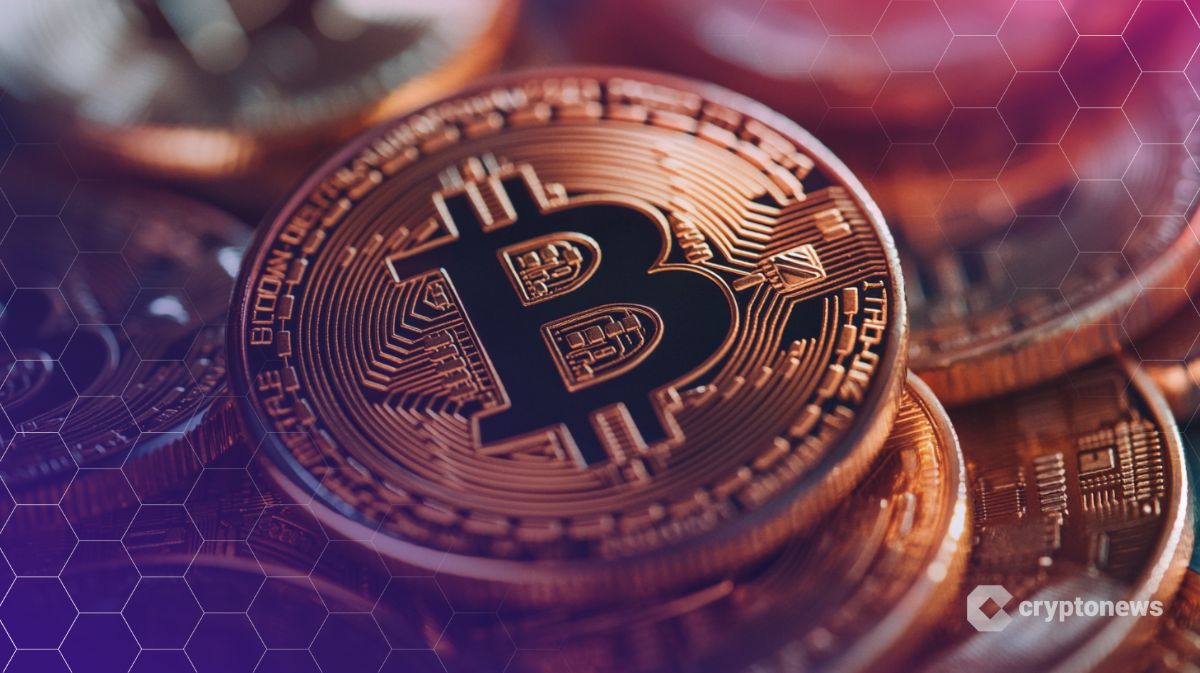Physical Address
304 North Cardinal St.
Dorchester Center, MA 02124
Physical Address
304 North Cardinal St.
Dorchester Center, MA 02124


Taiwan’s government is moving closer to integrating Bitcoin into its national reserve strategy, with the island’s Executive Yuan and Central Bank agreeing to evaluate Bitcoin as a potential strategic asset and explore pilot funds using seized BTC currently awaiting auction.
Key tips:
The initiative, led by the legislator Dr. Ju-chun Ko and supported by Samson Mow, CEO of Bitcoin infrastructure company JAN3, marks one of Asia’s most significant steps towards the sovereign adoption of Bitcoin.
JAN3 confirmed the development following growing debate in Taiwan’s legislature on reducing reliance on traditional reserve assets, according to a report from Bitcoin Magazine.
Dr. Ko has been vocal about the risks of overreliance on the US dollar and the country’s need for diversified financial safeguards.
Speaking earlier this year, he urged the central bank to consider the inclusion of Bitcoin in national reserves, citing global inflation, growing geopolitical tension and the volatility of the New Taiwan Dollar.
The local currency fluctuated as much as 5% in a single trading day, prompting calls for alternative hedging mechanisms.
Taiwan currently holds about 423 metric tons of gold and $577 billion in foreign exchange reserves, with about 92% invested in US Treasury bonds.
Dr. Ko clarified that Bitcoin does not replace these traditional holdings, but serves as a complementary asset to strengthen the country’s financial resilience through diversification.
“Bitcoin offers a unique hedge because of its decentralized nature and fixed supply,” Ko told lawmakers, referring to its independence from monetary policy and foreign influence.
Global precedents seem to support Ko’s proposition. In March 2025, US President Donald Trump signed an executive order to create a Strategic Bitcoin Reserve, absorbing about $17 billion of lost BTC.
Likewise, countries such as El Salvador and Argentina have introduced frameworks to integrate Bitcoin into their fiscal or reserve strategies, highlighting its utility against inflation and banking instability.
Taiwan’s Financial Supervisory Commission (FSC) has already taken a progressive stance towards digital assets, allowing professional investors to buy foreign Bitcoin and cryptocurrency exchange-traded funds (ETFs) from 2024.
While the proposal has not yet been enacted, the central bank is expected to conduct feasibility studies and start pilot programs with sequestered Bitcoin before wider adoption.
In August, Taiwanese prosecutors charged 14 individuals in the nation’s largest crypto money laundering caseexposing a NT$2.3 billion ($75 million) fraud that defrauded more than 1,500 victims through fake crypto exchange franchises.
The operation, led by Shi Qiren, ran more than 40 storefronts under names such as “CoinW” and “BiXiang Technology,” posing as licensed exchanges, while secretly channeling investors’ funds into overseas crypto accounts.
Authorities seized more than NT$100 million worth of cash, crypto and luxury goods, while Shi faces up to 25 years in prison for fraud, money laundering and organized crime.
The group’s success was based on exploiting regulatory blind spots in Taiwan’s crypto oversight. By claiming false approval from the Financial Supervision Commission, the network built up investor confidence, collected hefty franchise fees, and used “deposit machines” to mimic legitimate exchange operations.
Prosecutors described the scheme as “systematic fraud” that exploited Taiwan’s cryptographic curiosity and weak enforcement.